Ritalin Addiction Treatment
Ritalin is commonly prescribed for conditions such as ADHD and narcolepsy, helping many people manage their symptoms effectively. However, misusing the drug can lead to dependence and addiction. Over time, what once felt helpful can start to feel controlling, with cravings and withdrawal making it difficult to stop.
Seeking treatment for Ritalin addiction is the first step toward breaking that cycle. With the right prescription drug rehab, you get not just relief from dependence, but a chance to regain balance and control over your life.
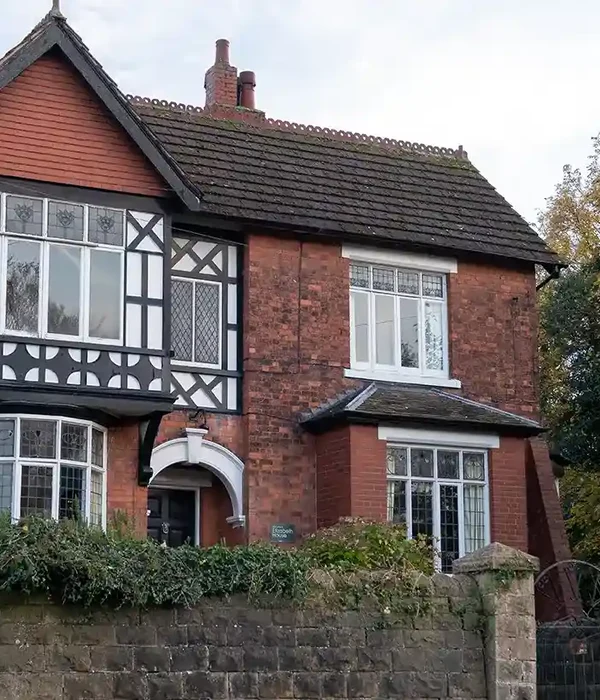
Take the First Step Towards Recovery
Steps Together offers personalised support and proven treatments, providing the care, guidance and encouragement you need to move forward with confidence and build a healthier future.
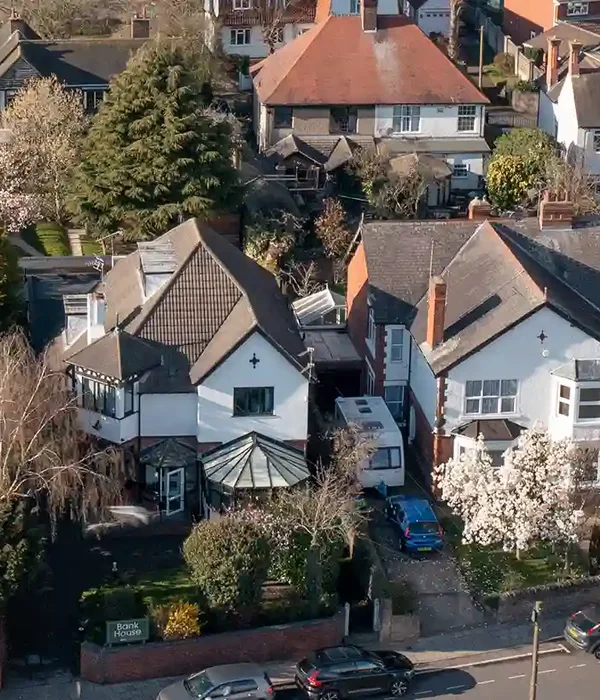
Understanding Ritalin
Taking Ritalin as directed can help improve focus and reduce impulsive behaviour in people with ADHD. Methylphenidate comes in different forms, such as tablets or capsules, and may be labelled as immediate or extended-release.
However, Ritalin is sometimes misused for its stimulating effects, which can quickly lead to dependency and make your everyday life feel unmanageable. You can overcome Ritalin use with the right treatment.
Defining Ritalin Addiction
Ritalin addiction is the compulsive, nearly uncontrollable misuse of Ritalin. While effective when used as directed, some people misuse Ritalin for its energising or because it can help them focus better on tasks.
Over time, misuse can lead to psychological dependence and cravings, especially when taken in higher doses or without a prescription. Professional treatment is often needed to safely stop use and support long-term recovery.
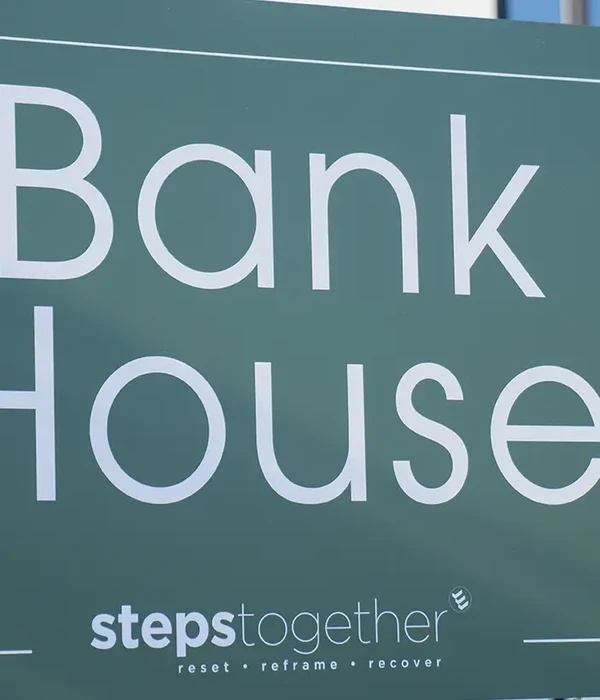
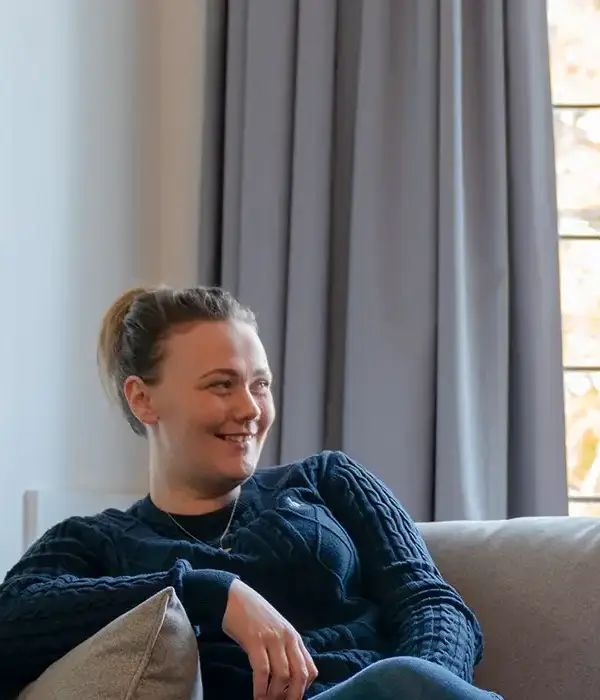
How Ritalin Addiction Develops
Ritalin addiction can start when someone takes the medicine in higher doses or more often than their doctor recommends. Misusing Ritalin affects the brain’s dopamine system, leading to heightened levels of this chemical. As your brain acclimates to these high dopamine levels, you may begin to crave the drug.
Certain factors can increase your risk of developing an addiction to prescription stimulants like Ritalin. A personal or family history of substance misuse puts you at higher risk. If you have untreated mental health disorders such as depression or anxiety, you may be more vulnerable.
Ritalin Addiction Treatment
Effective treatment for Ritalin addiction often involves a combination of medical support, therapy, and ongoing peer involvement. The right approach can help you safely manage withdrawal, address underlying causes, and build long-term recovery skills. Ritalin addiction treatment can be comprised of:
Inpatient Rehab
Inpatient rehab gives you a safe, structured setting where medical staff supervise you 24 hours a day. This option is often best if your addiction to Ritalin is severe or if you have tried to quit before and have relapsed.
Upon entering an inpatient facility, your recovery usually starts with a medically managed detox. This stage safely removes Ritalin from your body while lessening withdrawal symptoms such as mood swings, fatigue, and cravings.
Behavioural Therapies and Counselling
Behavioural therapies are the core of Ritalin addiction treatment. The goal is to help you change unhelpful thought patterns and develop coping skills to avoid relapse. These can be given in both individual and group therapy sessions.
Cognitive Behavioural Therapy (CBT) is commonly used to treat the use of Ritalin. It teaches you to spot triggers, challenge unhealthy beliefs, and manage stress without turning to Ritalin. Other approaches may include motivational interviewing and family therapy, involving parents, partners, or children in your recovery journey.
Outpatient Rehab
Outpatient rehab gives you addiction treatment while letting you maintain your daily responsibilities at home, school, or work. This option is often preferred if your addiction is less severe or if you have strong support from family and friends.
You attend therapy sessions several times a week, but you do not stay overnight at a clinic. Programmes can include individual counselling, group therapy, and sometimes family therapy. Outpatient treatment helps you apply what you learn right away, coping with real-world situations as they arise.
Support Groups and Peer Support
Joining a support group can make an important difference in staying sober. Many people find help through Narcotics Anonymous (NA) meetings, which are open to anyone seeking drug addiction recovery.
Support groups allow you to share your story, hear from others who abused Ritalin and other drugs, and learn new ways to stay on track. Some groups meet in person, while others are available online, giving you flexibility and ongoing encouragement. You also get access to a sponsor or mentor, who can offer advice and motivation during tough times.
Other prescription drug addictions we treat
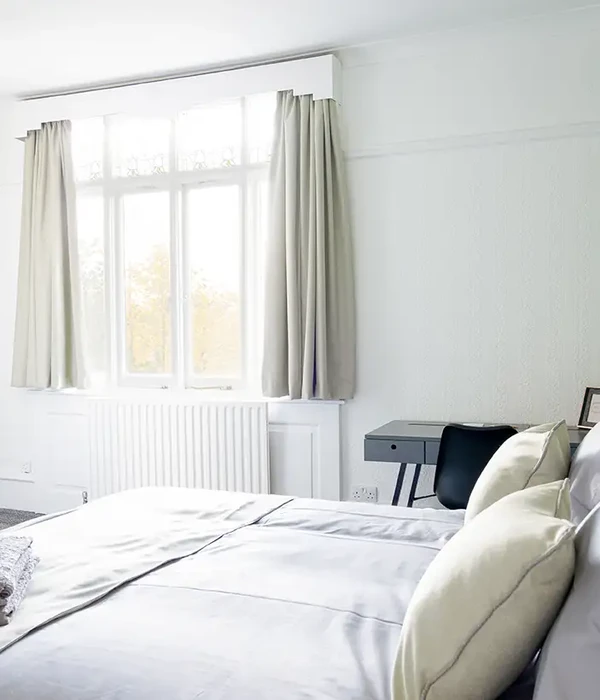
Ritalin Withdrawal and Detoxification
Ritalin withdrawal can produce strong physical and mental symptoms. Withdrawal often starts within hours or a few days without Ritalin use. Symptoms can include tiredness, mood swings, sleep problems, depression, and cravings. Some people may also feel anxious, irritable, or have trouble focusing.
Most symptoms peak in the first week after the last Ritalin use. You might find that sleep is very difficult to achieve, and you may feel sad or hopeless, and that these feelings can be intense. For some, these symptoms last up to two weeks or longer.
Medical Detox for Ritalin Addiction
A medically supervised detox offers the safest and most effective way to stop using Ritalin. During medical detox, doctors and nurses closely monitor your health. They can provide medicines and supportive care to reduce withdrawal discomfort and manage the risks of Ritalin withdrawal.
Detox programmes often include access to therapies, counselling, and education about future relapse prevention. Medical detox may take place in a clinic or rehab centre, depending on your needs and withdrawal severity.
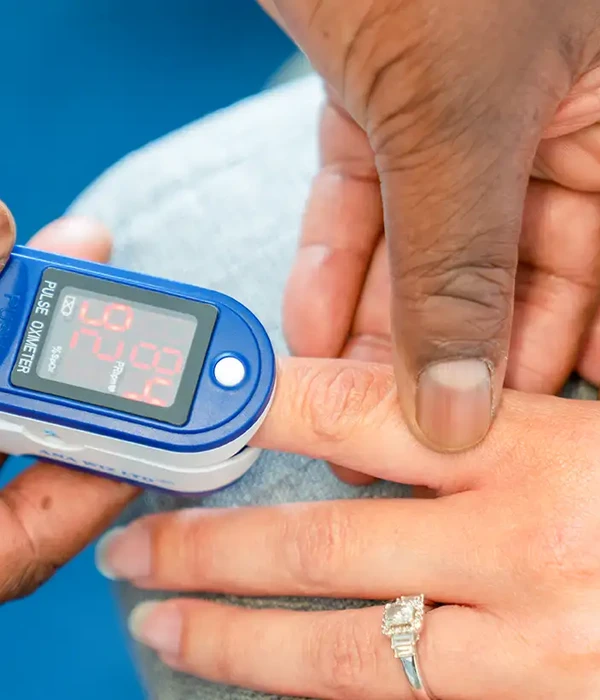
Signs of Being Addicted to Ritalin
Misusing Ritalin can lead to several symptoms in your body and mind. These can include a reduced appetite, weight loss, headaches, and a rapid heart rate. You may also have trouble sleeping or experience insomnia.
People addicted to Ritalin often display clear behavioural changes. You might start taking the drug in higher doses than prescribed, or use it without a prescription just to feel more alert or focused. Some people begin to neglect work, school, or relationships, focusing most of their time on the stimulant.
Short-term effects of Ritalin abuse often include increased alertness, higher energy, and less need for sleep. You might also feel euphoria or greater self-confidence. In the long term, Ritalin misuse can lead to serious complications, and you may experience persistent sleep issues, weight loss, and problems with heart health.
Aftercare Strategies
Long-term recovery is a major part of Ritalin addiction treatment. This involves ongoing aftercare support and specific steps to stay healthy. Focusing on self-care, managing stress, and strengthening your support system can make a real difference.
Holistic Therapies and Mindfulness
Using holistic therapies can help you in more ways than just quitting Ritalin. Techniques like yoga, meditation, and art therapy ease anxiety and improve your mood. These methods can help you cope with cravings or stress without turning back to drugs.
Mindfulness activities are especially useful in addiction recovery. Mindfulness teaches you how to be present and notice cravings or triggers early. Guided breathing exercises and progressive muscle relaxation can help you regain control fast when you feel tense.
Family Involvement and Support
Family involvement plays an important role in your recovery from Ritalin addiction. Family therapy can improve communication and rebuild trust, which may have suffered during addiction. Sessions help family members understand how to support you without enabling unhealthy behaviours.
Involving loved ones can create the encouragement needed to keep going. Relatives can help watch for warning signs or changes in mood. They also learn coping skills to handle their stress, helping the whole household move forward together.
Continued Recovery and Relapse Prevention
Staying sober after treatment takes planning and commitment. Aftercare should include ongoing therapy sessions, such as cognitive behavioural therapy, which help you spot warning signs and handle everyday challenges. Support groups give you a safe space to talk about struggles and celebrate successes.
Many clinics create personalised aftercare plans to match your recovery needs. These can include regular check-ins, goal setting, and working with a counsellor. Having a structure in place helps you stick to healthy habits, manage stress, and avoid environments where drug use may happen.

Find Help for Ritalin Addiction Today
Ritalin misuse can quickly lead to dependence, affecting your health, relationships, and overall well-being. If you’re struggling to cut back or stop, professional drug support can make all the difference.
At Steps Together, our Ritalin addiction treatment programmes provide medical detox, counselling, and long-term support to help you overcome dependence and build a healthier future. Recovery is possible, and it starts with reaching out today.
Frequently Asked Questions
What are the signs and symptoms of dependence on methylphenidate?
You may notice needing higher doses to feel the effects or having cravings when not taking it. Other signs include anxiety, trouble sleeping, irritability, fast heartbeat, weight loss, and changes in social behaviour. Physical symptoms like headaches or stomach problems can also happen with ongoing use.
What medications are commonly used in the management of Ritalin withdrawal?
Doctors may use different medicines to help with withdrawal symptoms. For example, they might prescribe antidepressants if you feel very low or anxious. Sometimes, sleep aids or anti-anxiety medicines can help with sleep issues or restlessness. There is no single drug made just for Ritalin withdrawal, so treatment is based on your symptoms.
What role does counselling play in the rehabilitation of substance abuse disorders?
Regular counselling gives you a safe space to talk about your struggles and set goals for recovery. Therapists can help you understand why you use substances and teach coping skills to avoid triggers. Counselling can also support your mental health and improve relationships with others.
How does cognitive behavioural therapy assist in the treatment of stimulant misuse?
Cognitive behavioural therapy helps you learn new ways to manage cravings and stressful situations. It supports you in changing negative thought patterns and habits linked to stimulant use. CBT can also help you rebuild your confidence and develop skills to avoid relapse. This approach is often used as a core part of stimulant addiction treatment.
Can lifestyle changes contribute to recovery from stimulant addictions?
Adopting a healthy routine can make a real difference in your recovery. Eating nutritious meals, staying active, and keeping a steady sleep schedule all help your body heal. Building a support system of friends and family also encourages you to stay on track and reduces your risk of relapse.
How long is the typical duration for treatment programmes focusing on prescription stimulant addiction?
Treatment durations vary based on your needs and progress. Many rehab programmes last from a few weeks to a few months, with some ongoing outpatient care available after. Longer treatment might be needed if your addiction is severe or if you have other health issues.





